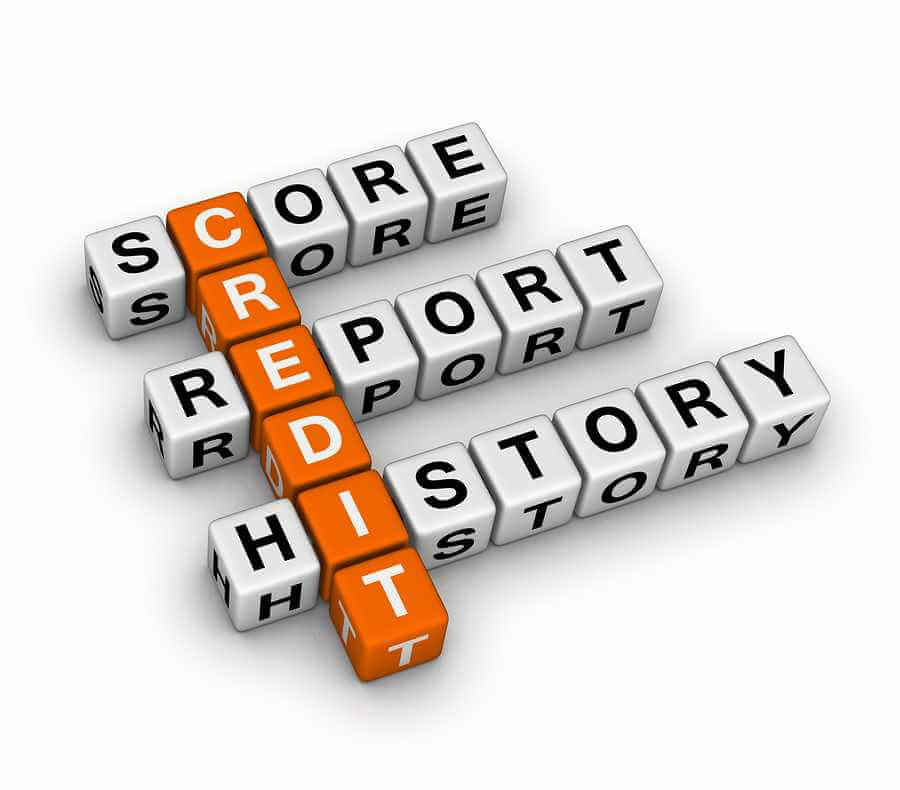
Credit scores are all the buzz these days. Have you noticed all the commercials lately about getting your “free” credit score? So what’s the big deal about credit scores and why are credit scores important? Well, the big deal is that your credit score communicates a lot about you to very important people, such as:
- Banks and credit lenders
- Insurance companies
- Potential employers
- Retailers
- Landlords
- Romantic prospects (you know you were thinking it)
The Power of Your Credit Score
When was the last time you consented to a criminal background check? My guess is that most of you reading this have never had a criminal background check. However, many of you (if not all) have probably consented to sharing your credit score with at least one of the parties I mention above. The truth is your credit score can determine whether or not you get:
- A job offer
- Approved for a mortgage
- Approved for a car loan
- That rental apartment in the area you’ve been eyeing
- Competitive insurance rates
- A cell phone contract
- A credit card, line of credit or bank loan
That’s right, three digits in the range of 300 to 900 can determine the options you have for those items most pinnacle to your daily life. Your credit score tells those who need to know how financially dependable you are. But the score is not an island unto itself and having a good score doesn’t happen on its own. It’s important to understand that your credit score is truly a reflection of how well you manage your money and how timely your bill payments are.
How Credit Scores Are Calculated
There is no exact formula to calculating your credit score. There also isn’t an exact set of specific criteria that determines exactly how much your score can increase or decrease based on your actions. But there are general money management, budgeting and debt repayment habits you can do that will help position yourself to have a good credit score. Next week we’ll dig deeper into those habits and how they can impact your score but before we get into the fixes with smart money management, the very important question that needs to be answered is: how does your credit score work?
Different Kinds of Credit
Your credit score reflects information collected on your credit report. The information on your credit report contains details about the kind of credit items you have obtained and how well you’ve managed paying those items. The active credit items you have on your credit report are assigned a letter. This letter tells someone reviewing your report the kind of credit items you have access to:
I – Installment Credit
A car loan or consolidation loan are examples of installment credit. You borrow money at a specific time and make regular fixed payments until the balance is paid off.
O – Open Status Credit
A line of credit is a type of open status credit. There is a limit of credit available to you and you can borrow money when needed.
R – Revolving or Recurring Credit
Credit cards are a type of revolving or recurring credit. You can borrow up to your credit limit on an ongoing basis and make regular payments in varying amounts depending on your account balance.
M – Mortgage
Mortgage information is also contained in your credit report.
It’s All In a Number
Now, that just describes the kinds of credit you have. The part that really matters is the number attached to that letter. That number tells people looking at your credit report how timely you are paying those items. Your lenders will rate your accounts using a number scale to reflect whether or not you’re paying those items as agreed to, and to what extent:
- Pays as agreed, within 30 days of billing
- Payment late by 31 to 59 days
- Payment late by 60 to 89 days
- Payment late by 90 to 119 days
- Payment late more than 120 days
- There is no 6 rating (as in, there is no 13th floor in any building, anywhere)
- Payments made regularly via a regulated, restructured repayment plan
- Repossession
- Bad debt, collections, bankruptcy
Good Money Habits Make a Good Credit Score
Your repayment habits are crucial to a good credit score. Where do you think your bill and debt payments fall on the 1-9 scale? The answer to that question will give you an idea of the kind of score you might be looking at.
It’s important to pull your credit report at least once a year to know where you stand, creditwise, especially when you consider how much power your credit score has over major events in your life, such as buying a home, a car, or paying for your education. You can contact Equifax or Transunion to get a copy of your credit report.
Got My Credit Report. Now What?
If you have a recent copy of your credit report and there are credit items in there that are either in collections or you are having difficulty paying, you can fill out our Free Debt Assessment or call us 1.800.267.2272 to book a free appointment with one of our certified credit counsellors. They will review any debts you owe, as well as your monthly expenses, and then discuss different options you might have depending on your financial goals, whether it’s getting rid of your debt, improving your credit, buying a home within a few years, or all of the above.
For more information on credit scores, check out this blog and tune in next week when we’ll get into some fixes for ‘not-so-favourable’ credit scores. Now excuse me while I get my credit report pulled.

Frequently Asked Questions
Have a question? We are here to help.
What is a Debt Consolidation Program?
A Debt Consolidation Program (DCP) is an arrangement made between your creditors and a non-profit credit counselling agency. Working with a reputable, non-profit credit counselling agency means a certified Credit Counsellor will negotiate with your creditors on your behalf to drop the interest on your unsecured debts, while also rounding up all your unsecured debts into a single, lower monthly payment. In Canada’s provinces, such as Ontario, these debt payment programs lead to faster debt relief!
Can I enter a Debt Consolidation Program with bad credit?
Yes, you can sign up for a DCP even if you have bad credit. Your credit score will not impact your ability to get debt help through a DCP. Bad credit can, however, impact your ability to get a debt consolidation loan.
Do I have to give up my credit cards in a Debt Consolidation Program?
Will Debt Consolidation hurt my credit score?
Most people entering a DCP already have a low credit score. While a DCP could lower your credit score at first, in the long run, if you keep up with the program and make your monthly payments on time as agreed, your credit score will eventually improve.
Can you get out of a Debt Consolidation Program?
Anyone who signs up for a DCP must sign an agreement; however, it's completely voluntary and any time a client wants to leave the Program they can. Once a client has left the Program, they will have to deal with their creditors and collectors directly, and if their Counsellor negotiated interest relief and lower monthly payments, in most cases, these would no longer be an option for the client.







